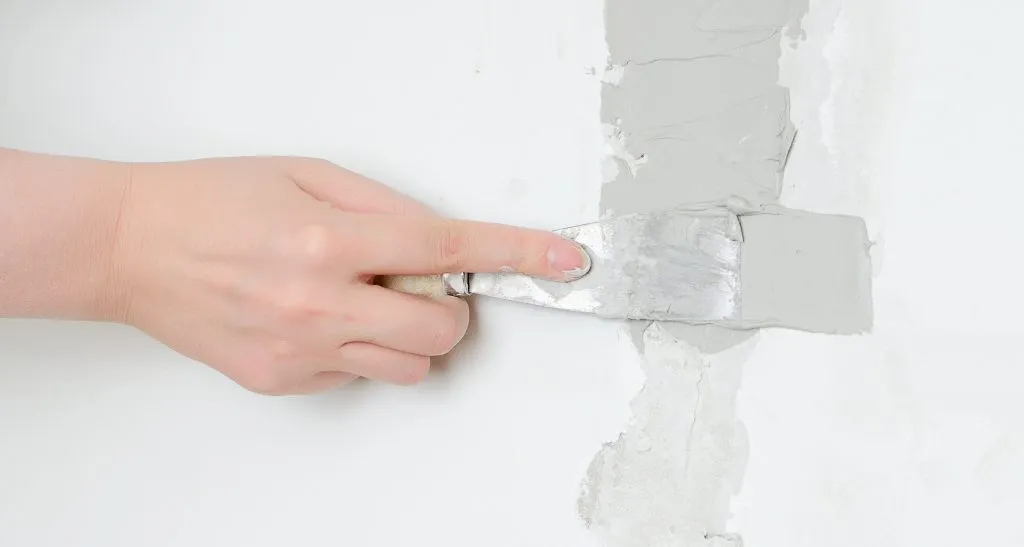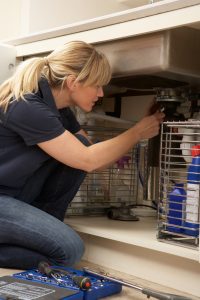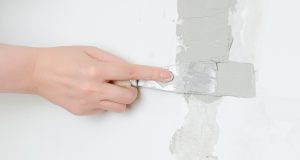Property Repairs: When to Call the Pros and When to Do It Yourself

Zillow Rental Manager
February 8, 2018
2 min read
 When you need to make a repair or update, minimizing costs is key. Sometimes it makes financial sense to take on simple repairs yourself. But sometimes hiring a pro is the best use of your time and money — and can even prevent unexpected expenses in the future.
When you need to make a repair or update, minimizing costs is key. Sometimes it makes financial sense to take on simple repairs yourself. But sometimes hiring a pro is the best use of your time and money — and can even prevent unexpected expenses in the future.
So how do you decide? Start by asking yourself a couple questions.
Can I do it legally?
First, familiarize yourself with your state’s laws. Many states require a contractor’s license to handle any project exceeding $1,000 for labor and materials. But less expensive tasks may fall under the “handyman exemption,” which allows non-contractors to perform repairs under $1,000, as long as they don’t require a building permit.
Laws differ from state to state, so do your research before diving in.
Do I have the skills?
Beyond the legal stuff, ask yourself:
- Can I do the repair safely?
- Do I really want to do it?
- Is it cost-effective?
- Can I do it quickly?
Then you’ll want to assess the level of skill required for the repair. Below, we break down some of the most common repairs into three skill levels — beginner, intermediate and pro.
Beginner
- Running toilet: Chances are the rubber flapper is damaged or worn out, requiring an inexpensive replacement from a hardware store or some other minor fix. Try this repair with no tools, or browse YouTube for a tutorial.
- Clogged toilet: It could easily cost about $125 for a plumber, but you can often fix it yourself with one tool: a quality flange plunger — the kind with an extra rubber flap at the base of the cup for improved suction. If that doesn’t work, a toilet snake or a closet auger usually does the trick.
- Leaky faucet: You can fix this in a few steps or just by replacing a seat washer. Ignoring a leak can lead to costly repairs down the road, so tackle it quickly.
- Low-pressure showerhead: Improving your shower’s water pressure takes only a few minutes and requires three things: plumbing tape, a new showerhead and pliers.
- Painting: If a minor paint job is needed — paint peeling on a banister, for instance — you stand to save money doing it yourself.
- Ripped screen door: When the screen starts flapping in the corner and mosquitoes are getting indoors, it’s fairly easy to toss away the old screen and replace it.
- Cracked caulk: Bathtub or shower caulk tends to crack, shrink or peel away, which can eventually lead to water damage, so it’s best not to ignore it. Repairing caulk yourself takes some patience and an hour of your time, plus a day or so for drying.
 Intermediate
Intermediate
- Drywall holes: When a doorknob bangs a hole in the wall, you can fix it for under $20 in about 12 steps. Hardware stores often sell repair kits to make it even easier.
- Old kitchen faucet: Upgrading a faucet may be easier than you think, though novices may save time by relying on a plumber.
Pro
- Electrical work and major plumbing jobs: When these go wrong, they’re often dangerous. In fact, some states require landlords to use licensed electricians for electrical work and licensed plumbers for plumbing jobs.
- Roof work: Working on the roof isn’t for the inexperienced. It’s risky up there, and a job poorly done now can lead to additional costs and chaos later.
A good rule of thumb: Forget doing any jobs normally handled by licensed contractors.
Connect with us!
Learn how Zillow Rentals can help you reach your goals.
Stay informed. Stay ahead.
Access exclusive industry insights, market trends, and expert tips. Subscribe now to receive quarterly Zillow Rentals newsletters!